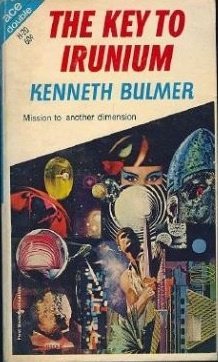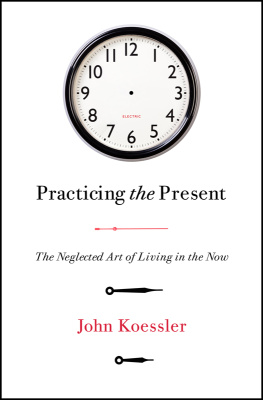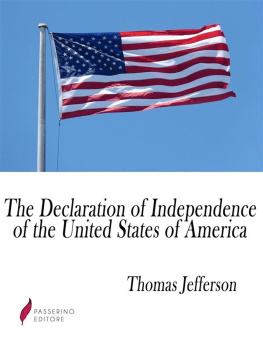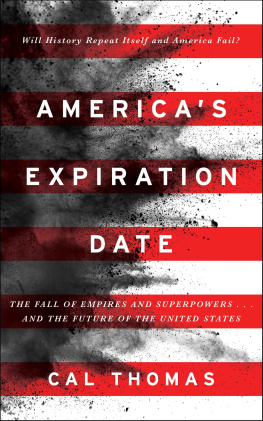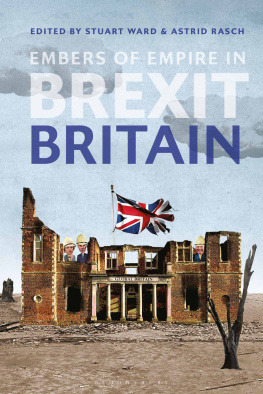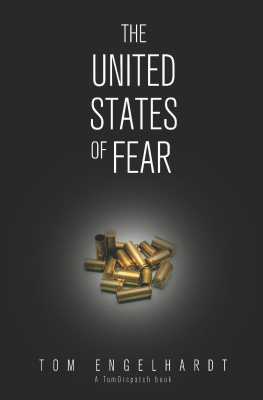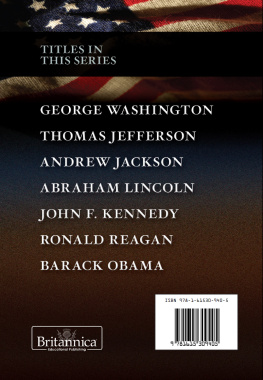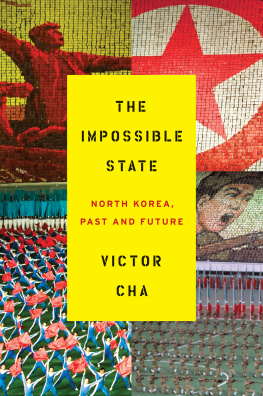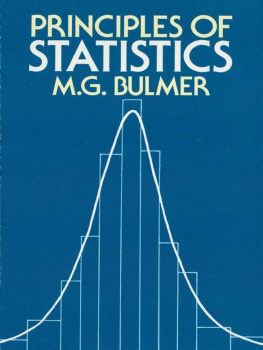
EMPIRE IN RETREAT
EMPIRE IN RETREAT

The Past, Present, and Future of the United States

Victor Bulmer-Thomas

Copyright 2018 by Victor Bulmer-Thomas.
All rights reserved.
This book may not be reproduced, in whole or in part, including illustrations, in any form (beyond that copying permitted by Sections 107 and 108 of the U.S. Copyright Law and except by reviewers for the public press), without written permission from the publishers.
Yale University Press books may be purchased in quantity for educational, business, or promotional use. For information, please e-mail (U.K. office).
Set in Electra type by Westchester Publishing Services.
Printed in the United States of America.
Library of Congress Control Number: 2017955409
ISBN 978-0-300-21000-2 (hardcover : alk. paper)
A catalogue record for this book is available from the British Library.
This paper meets the requirements of ANSI/NISO Z39.48-1992 (Permanence of Paper).
10 9 8 7 6 5 4 3 2 1
For Nia and Rio

CONTENTS

MAPS

FIGURES

PREFACE
As a specialist on Latin America and the Caribbean for nearly fifty years, including six years as director of the Institute of Latin American Studies at London University, I have always been conscious that the United States was much more than a nation-state. The United States, after all, had built both a territorial and informal empire in the region. Yet, although I had written extensively on this topic, my research was not primarily about the country.
Starting in the 1990s, I began to work on the relationship between the Latin American and Caribbean region and other parts of the world. In this research, the United States was often the elephant in the room, playing a key role by virtue of its global reach. However, it was only when I became director of Chatham House, the Royal Institute of International Affairs, that I was fully able to understand how the US semiglobal empire operated. This came about through meetings with world leaders, many of whom spoke at Chatham House during my time as director, as well as through the research programs that were organized under my direction.
The final ingredient needed to write this book was to live and work in the United States, and this I did for part of each year from 2007 to 2010. Although I have visited the United States on numerous occasions since my first visit in 1966, there is no substitute for living in a country to understand the way its people think. Indeed, it was this more recent experience, together with subsequent visits, that convinced me not only that the US empire is in retreat but also that the retreat is primarily due to internal rather than external reasons.
Any project on the United States as an empire should not be undertaken lightly, in view of the controversial nature of the term. I have approached it in a positive frame of mind, however, since I believe that my conclusions contain a note of optimism for both the United States and the world as a whole. Empires may have been normal in the past, but they are anachronistic in todays world. They carry huge costs not only for the subjects but also for the citizens of the imperial state. Retreat from empire is therefore something to celebrate, provided that it is managed in an orderly fashion. That, of course, requires leadership, but it is a very different kind of leadership to that which was previously needed to maintain control of the empire.
All states are sensitive to criticism by outsiders, and I am conscious of the perils of writing about a foreign country. This, however, is a problem I have had to address throughout my adult life since almost all my research has been concerned with other parts of the world. In my experience, as a matter of fact, it is in many ways easier to write about foreign countries objectively than it is about ones own country. Yet, in a way, that misses the point. To understand the United States at this moment in history, one needs a truly global perspective and no one has a monopoly on that.

ACKNOWLEDGMENTS
I started writing this book in 2012, as the first administration of President Barack Obama was coming to an end. However, the research for the book goes back much further and can be said to have started when I did my doctoral research on Central America in the 1970s. I have therefore accumulated a huge debt to a very large number of individuals and institutions over the years.
St. Antonys College at Oxford University, with its staff and students drawn from all over the world, gave me a deep understanding about the global role of the United States. Many visitors came from the United States itself, and their participation in the colleges seminars provided a constant reminder of the complexities of the internal and external workings of their country.
The Institute of Latin American Studies at London University was also very helpful in shaping the ideas on which this book is based, especially as one of its sister institutes was the Institute of United States Studies. Its chairperson in those years, Margaret Thatcher, had very strong views on the global role of the United States that she was always happy to share with fellow board members such as myself.
As a member for many years of the Regional Advisory Program for Latin America of the Social Science Research Council (SSRC) in New York, I learned a great deal about the workings of US philanthropic foundations. I also benefited greatly from conversations with the network of scholars assembled by the SSRC. I worked during this period of my career as a consultant to a number of international financial institutions and multinational enterprises that proved to be an invaluable experience for understanding how the US empire operates.
At Chatham House I benefited greatly from lengthy discussions on the global role of the United States with specialists from the different regions of the world. I would like to thank in particular Roy Allison, Duncan Brack, Paul Cornish, Stephen Green, Rosemary Hollis, Gareth Price, Alex Vines, Richard Whitman, and Elizabeth Wilmshurst. At a more superficial level, my meetings with world leaders from Angola, Brazil, China, France, Germany, India, Iran, Mexico, Russia, South Africa, the United Kingdom, the United Nations, the United States, and many other countries were also very instructive.
Next page

